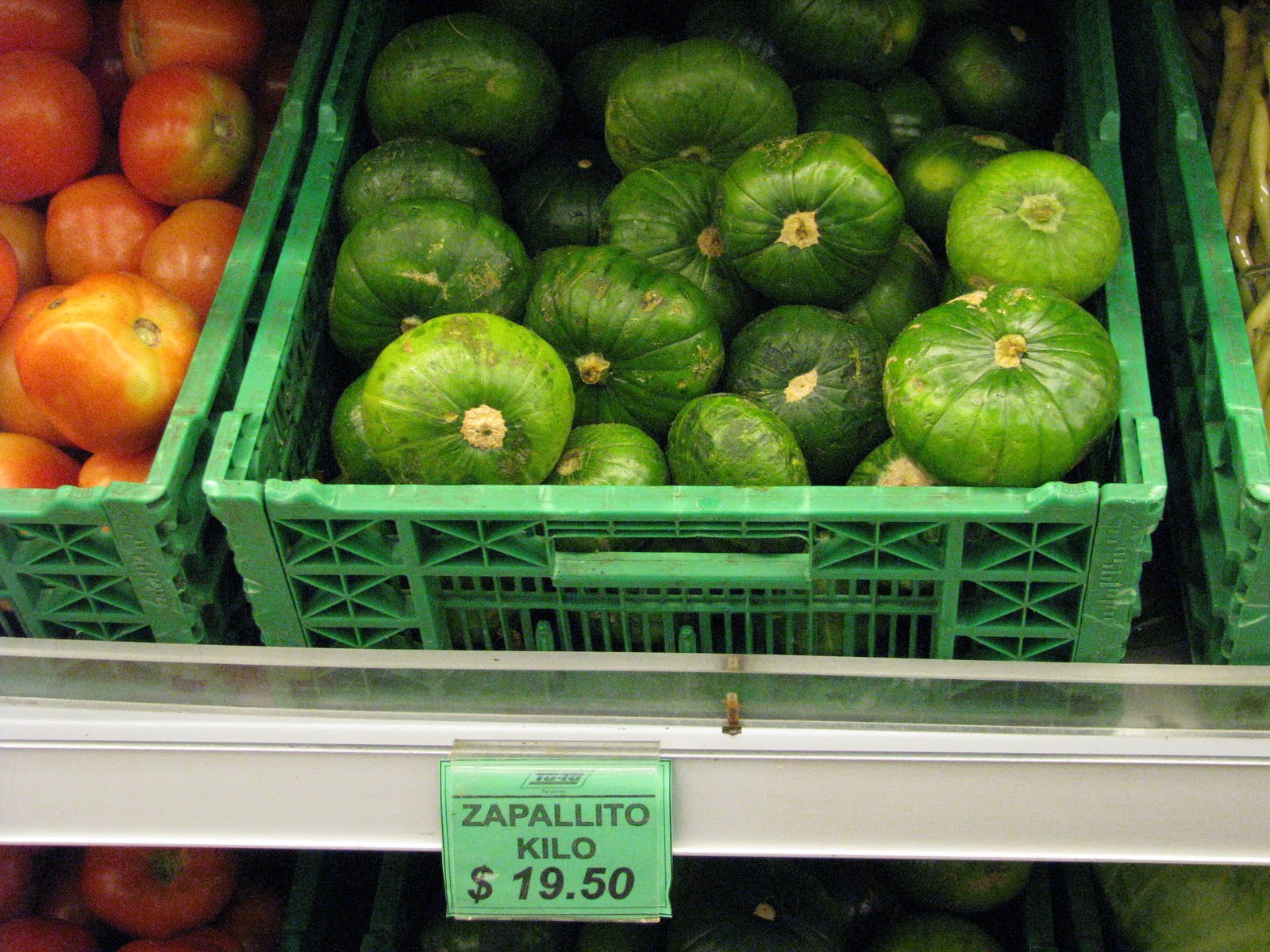My major professor and my manager from work (both co-advisors of my PhD program) have been here for the past three days, and I can safely say I've never experienced such a thought-provoking and mentally challenging (in a good way) few days. We showed them examples of my different field sites, and talked about my research at each one, ideas that may improve the project, interesting things of note for potential future research, and other random thoughts that occurred at each site.
At one of the sites, we actually had a herd of horses hear us and, out of curiosity, checked us out. It felt slightly like a slow motion stampede - we weren't sure if they were going to literally walk right up to us. They ended up turning into a row of trees just a few meters in front of us, and try to approach us from the side, and then eventually walked off in another direction once we figured out we were pretty boring.
We had discussions about dozens of things we noticed out in the field. One of them was after we noticed that recent harvests seem to be colonized by plants with thorns, or seem to have other defenses against attack. We hypothesized that early plant colonizers of a site probably need to defend themselves against cattle and other foragers.
We also noticed in the pine sites that some areas seem to have a high abundance of fungus and other areas do not. We're not sure if this is an effect of the combination of grazing and trees, or if it's just a random patchy distribution.
We also noticed at a couple of the field sites that many of the pine trees are bowed at the base and have severe damage along their trunk. These sites also happen to be slightly wetter than the rest, but the bowing does not seem to occur in similar directions. We think it's more likely that grazing was allowed too early in these sites, and as a result, young trees were trampled and foraged when the site was still establishing. We aren't able to prove our theory yet, but we'll see. :)
After all of that, our brains needed a break, so we picked oranges from a nearby tree and enjoyed the slightly tart fruit that grows naturally in the area.











































